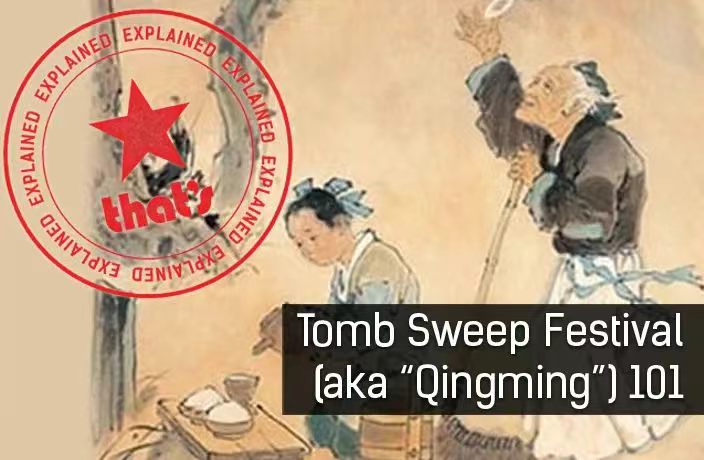
Qingming became a public holiday on the Chinese mainland in 2008. As the name implies, on this day, Chinese people usually visit their ancestors' graves, burn offerings to honor the dead, or have an outing to enjoy the beauty of spring.
Origins of Qingming
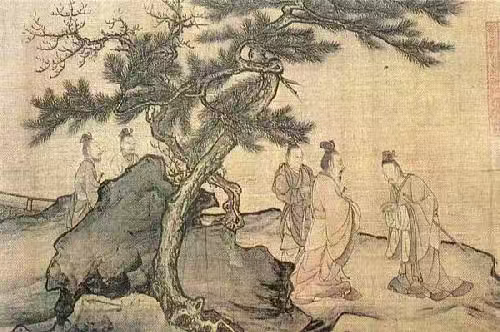
Jie followed and supported Duke Wen throughout his years of exile. Once, when they could not find anything to eat, Jie was said to have cut his own flesh to boil a meat soup to feed the starving Duke Wen.
When Duke Wen came into power, Jie chose to retire and become a recluse in the woods. Duke Wen needed to pick Jie’s brain, so he decided to seek him out. But how could he find a man hiding in the depths of the woods?
One of his retainers suggested he set a fire to force Jie out—terrible advice... which Duke Wen promptly took.
Tragically—but hardly surprisingly—Jie and his mother died in the fire.
After the fire subsided, Duke Wen found a poem written in Jie’s blood in the hollow part of a willow tree, close to where Jie died with his mother.
“I cut my flesh to show my loyalty, and want you to become a qingming (wise and sagacious in Chinese) emperor.
”After reading it, Duke Wen was overcome with remorse, and ordered three days without fire to memorialize him, while the day Jie died was named ‘Hanshi.’
The next year, Duke Wen led his retainers to climb the mountain and paid homage to Jie’s grave, and was thrilled to find the willow tree was still flourishing.
He named the tree the ‘Qingming willow,’ and the day afterward officially became known as the ‘Hanshi Qingming Festival.’ Later, the two festivals were combined.
The festival later became a more general day to honor deceased ancestors during the reign of Emporer Xuanzong (712–756 AD) in the Tang Dynasty (618–907 AD).
Xuanzong sought to crack down on wealthy Chinese citizens honoring ancestors with extravagant and ostentatious ceremonies, so in 732 AD he declared that such festivities could be formally paid just one day per year—Qingming.
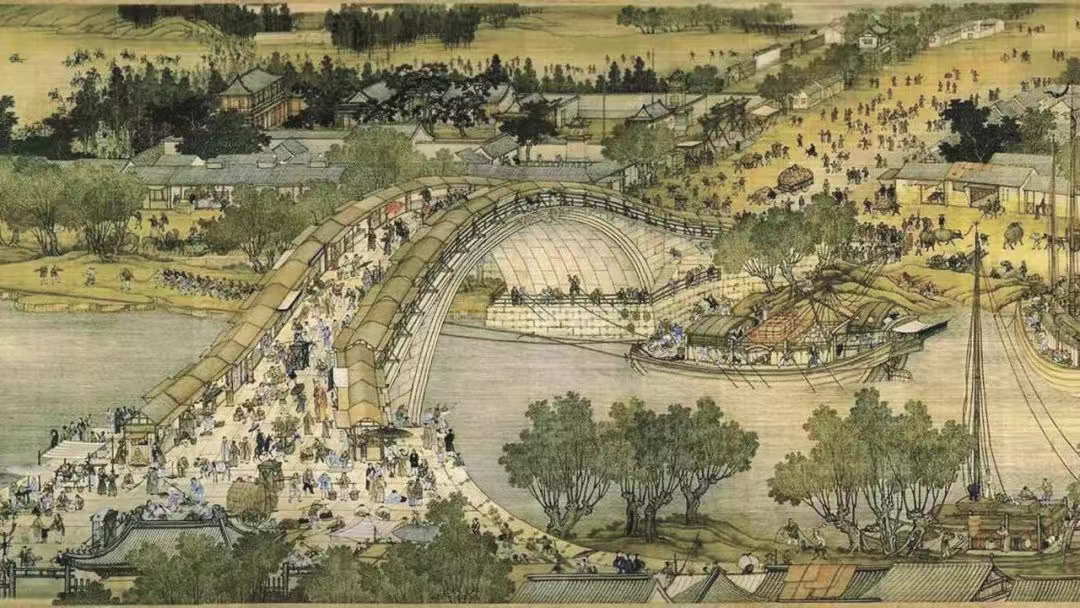
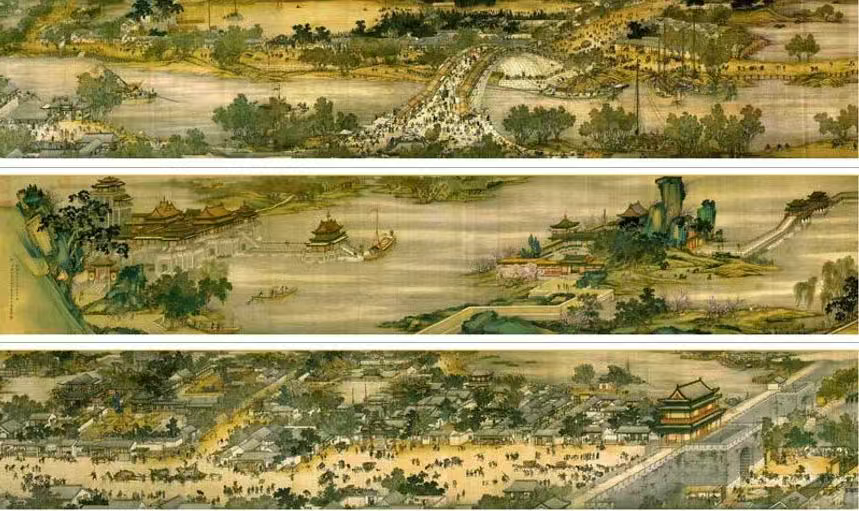
The festival also signifies the changeover of the season from winter to spring, so people believe it is the perfect time for an outing and planting seeds.
Qingming Activities
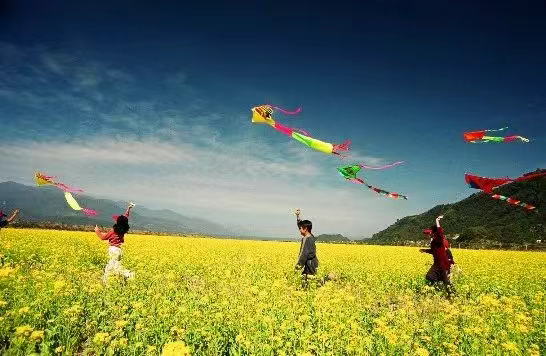
If the cemetery regulations allow it, they will burn paper money and incense before the tombstone.
Chinese people also like to fly kites during Qingming Festival. That's because people in ancient times believed that on Qingming, the gates of hell were open, which meant that they could send their greetings to the departed by kite.
Nowadays, people cut their kites loose when flying them—hoping that it will bring them good luck in the new year.
Traditionally, people do not light a fire or cook, but eat only cold food during Qingming. These days, several Qingming snacks are enjoyed by Chinese people.
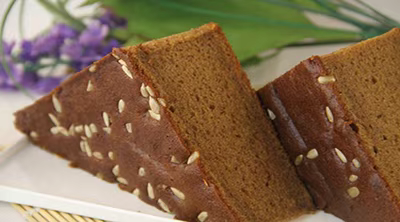
Jujube cakes. Image via Xici.net
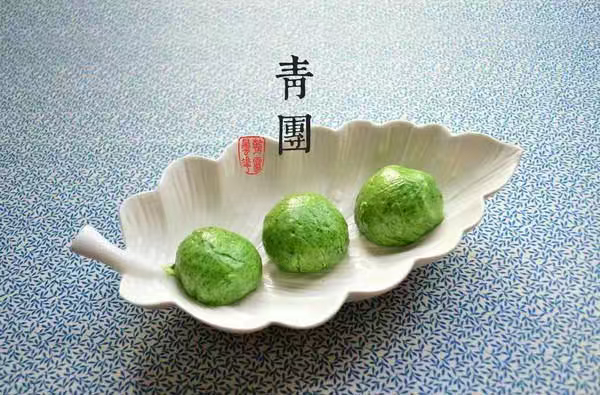
Famed poet Du Mu wrote a poem about Qingming Festival depicting a rainy scene in a village that captured mourners’ desolation.
《清明》(唐)杜牧
清明时节雨纷纷,路上行人欲断魂。
借问酒家何处有?牧童遥指杏花村。
A drizzling rain falls like tears on the Mourning Day;
The mourner's heart is going to break on his way.
Where can a wineshop be found to drown his sad hours?
A cowherd points to a cot 'mid apricot flowers.
—‘Qingming’ by Du Mu, translated by Xu Yuanchong
This article originally appeared on Thatsmags.com in April 2016. It has been updated and republished on April 1, 2025.
Source: ThatsShanghai

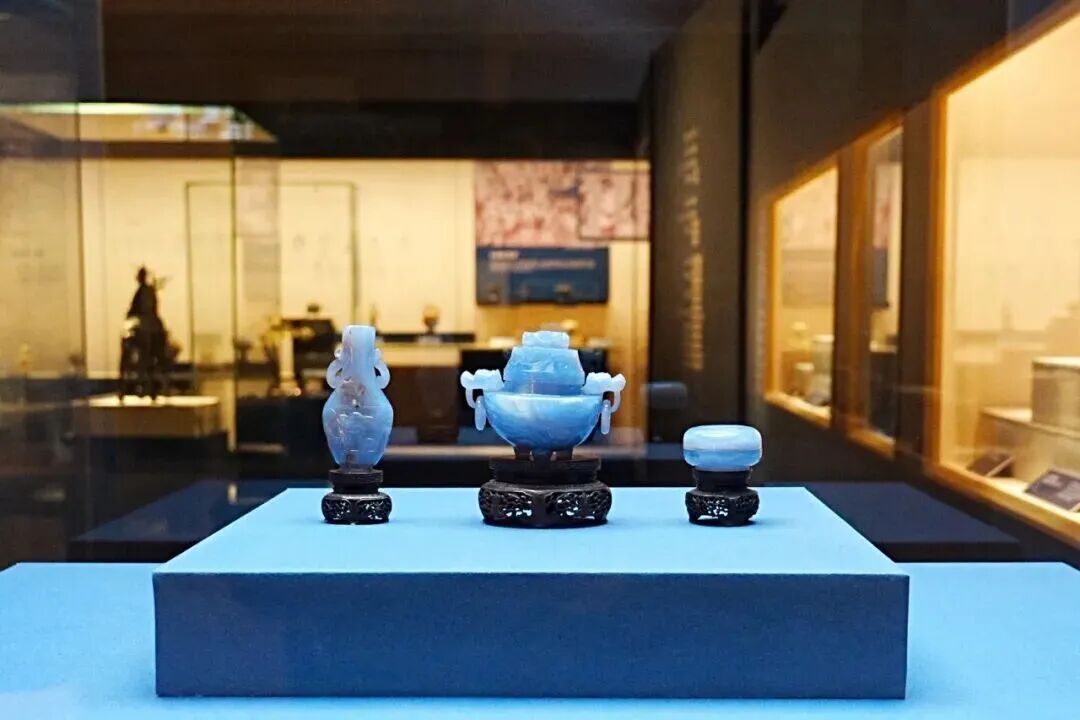
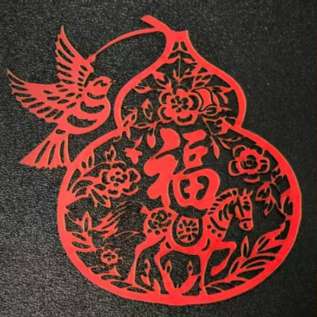
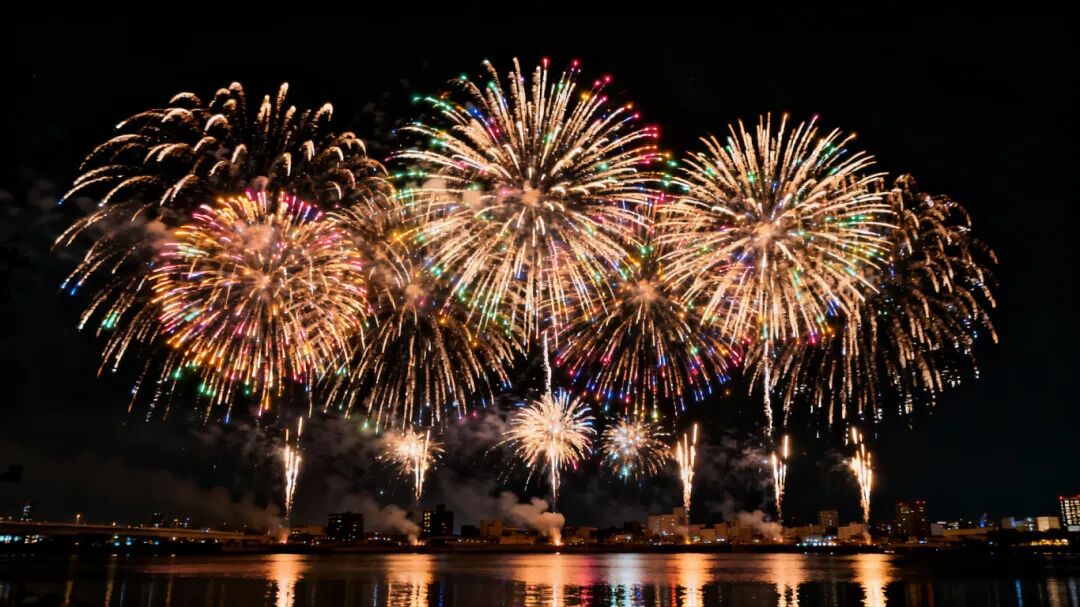
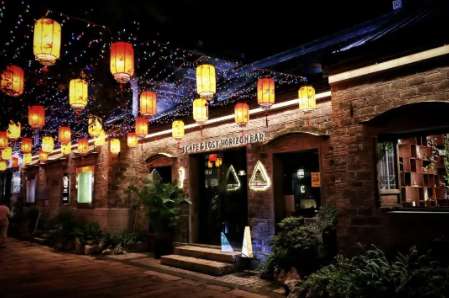



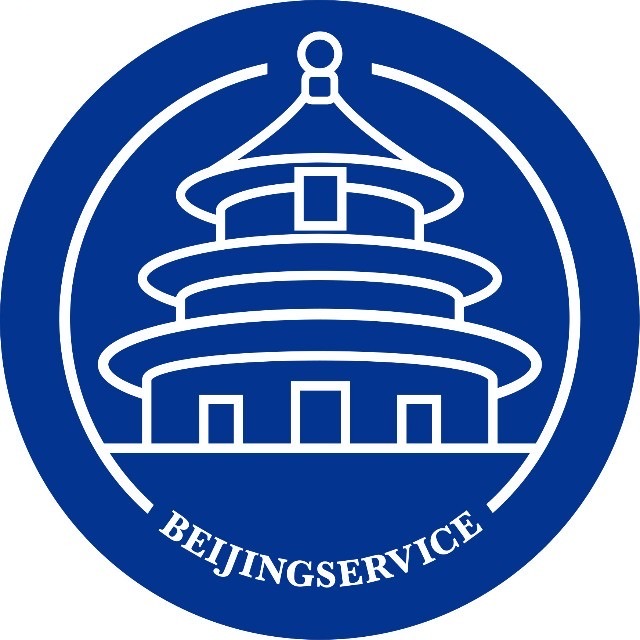




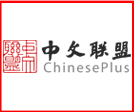
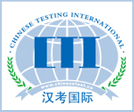
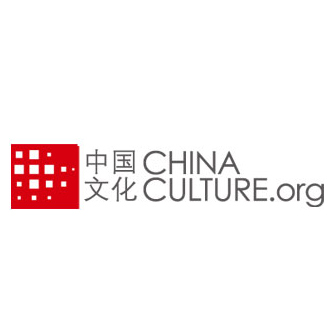
 京公网安备
京公网安备